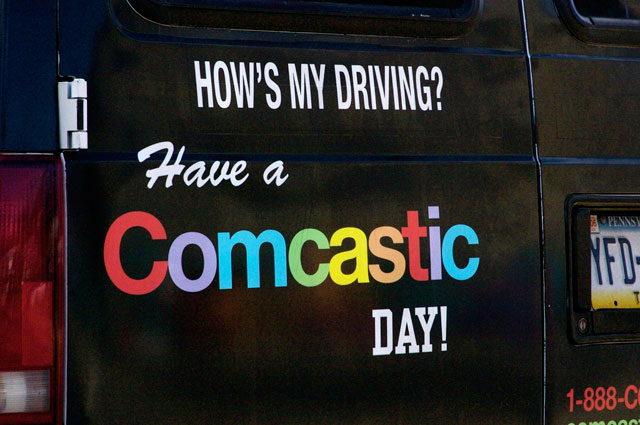It’s true that Comcast has been aggressively boosting the speeds on its network, but it may only be a pretense for getting its customers to fork out even more money per month than they already do. The Washington Post’s Timothy Lee takes a look at several charts showing both speed and pricing tiers for Comcast and concludes that the company is acting “more and more like a monopolist” because “while every tier of Comcast service is faster than it was a decade ago, the rate of progress has been dramatically higher for customers who pay the most.”
What this means from a customer’s perspective is that the speed of Comcast’s entry-level option for Internet service has barely grown at all while the top broadband speeds have significantly accelerated in terms of both speed and cost. Lee notes that Comcast is now offering 505Mbps service for a wallet-incinerating $400 per month while also offering 105Mbps service for a less expensive but still very pricey $115 a month. What makes these prices particularly glaring, he says, is that both Google Fiber and municipal fiber networks such as the one in Chattanooga, Tenn. are offering a 1Gbps service for just $70 a month.
That Comcast can credibly charge such high prices even as others charge much less money for faster service indicates that the firm faces little real competition in most of its markets and is thus able to extract monopoly rents, Lee concludes.
“The hallmark of competitive technology markets is that consumers are routinely given more than they think they need,” Lee writes. “Even entry-level smartphones today are dramatically more powerful than the best cell phones of a few years ago. Competition forces companies like Apple and Samsung to produce the most powerful phones they can build without worrying about whether customers ‘need’ the faster speeds. In other words, Comcast’s strategy only works because Comcast faces limited competition in many markets.”






